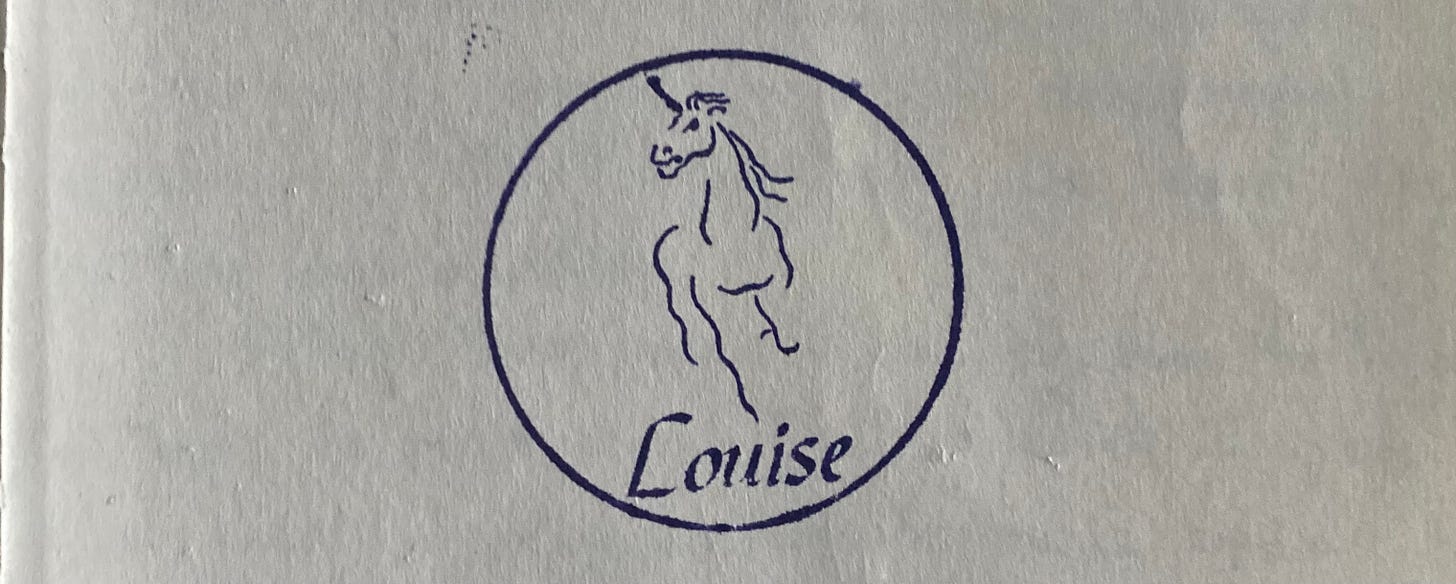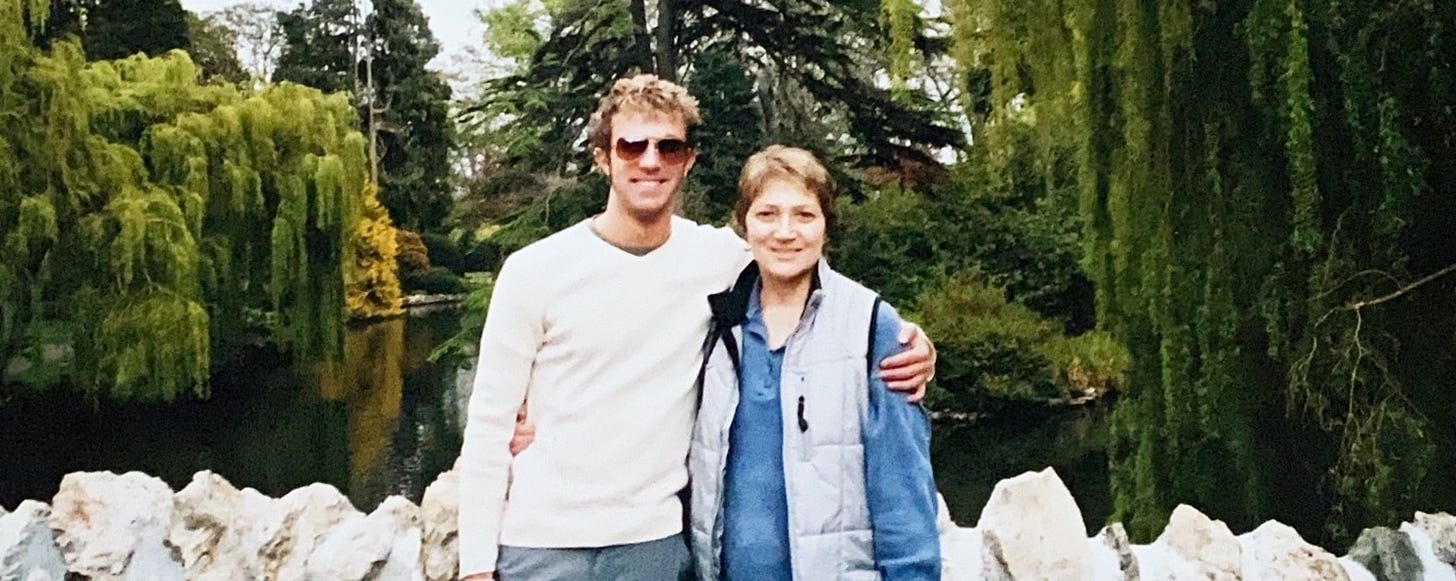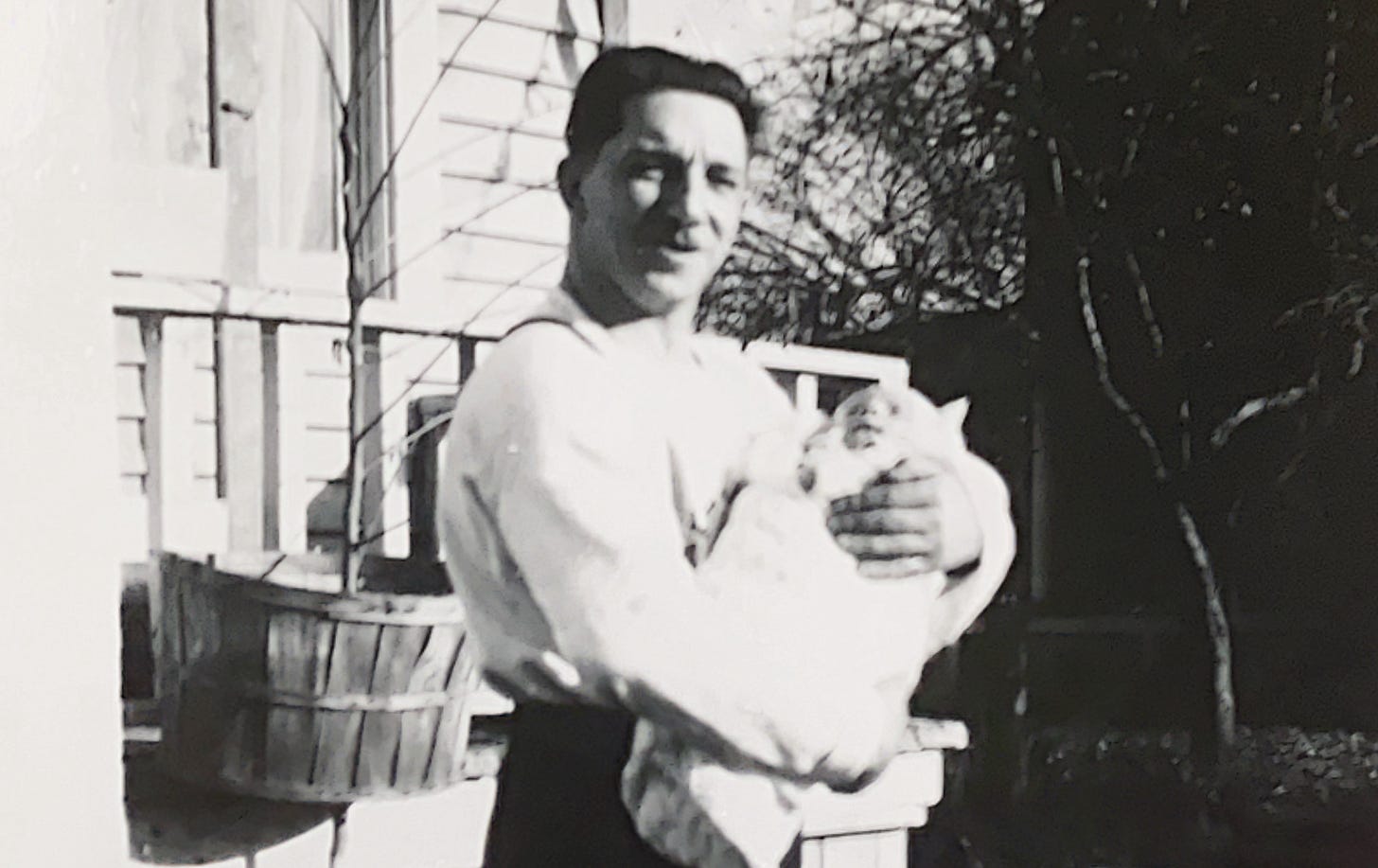#4 If you don't remember this story, who will?
A story about bears and how things repeat through different generations of a family...
There’s something I’ve been wanting to ask you. It’s about your memories. How do you see them?
No, that’s not the right question. Maybe what I mean to ask is about how do you experience your memories. What do you see and how do you see it? And if not sight, what is it then? Is it a surge through your body, a rush of blood? Does the skin around old injuries twinge whenever you think of them? Do you hold your breath? If it’s a funny memory, does it make you laugh out loud all these years later?
And if you see your memories are like photographs, where do you see these? Do you need to shut your eyes? Close them. Can you see that giant black lagoon that fills the space between sight and thought? In this darkness, do you also see a kind of light?
Lost in a reverie. Lost in thought. Head in the clouds. Flashback. Reminiscence. Recollect. Recall. Conjure up. Summon up. Bear in mind. That last one seems fitting. A burden then. Or maybe a restless, old Grizzly stalking you through the wilderness of your waking life.
There are only a few things I kept of my mother’s after she died. Some things my sisters forced me to take: two Keith Hiscock prints, a bronze bear, a pearl necklace and two pearl earrings in matching red cases.
“In case you ever have a daughter,” they told me, which—they quickly explained—was what my mother told them to say to me.
The only things I chose were an old canister that my mother kept her tea in (an heirloom maybe?) and her collection of hardcover and paperback books by Margaret Atwood.
She had a stamp that she used on all her books, which is the first thing I see floating in the darkness when I close my eyes and think of my mother: a horse mid-gallop in purple ink with her name in a semi-cursive font underneath. I can also hear that cracking sound the spine of a book makes when you press down on it, along with the old paper smell paired with the dust from an underused bookcase.
I still have these books and went searching this past week to see if I could find the stamp. It was inside of the cover of Cat’s Eye—my favourite Atwood novel—and my memory was wrong. It wasn’t a horse. It was a unicorn.
There’s a passage on the first page of the novel that I was surprised to read again all these years later and wanted to share with you:
You don’t look back along time but down through it, like water. Sometimes this comes to the surface, sometimes that, sometimes nothing. Nothing goes away.
- Margaret Atwood
It’s funny how memory works. The more I think about this today, the more things, as Atwood puts it, float up to the surface. On second thought, I’m pretty sure my mother gave me the bronze bear herself, along with a small men’s jewelry box that belonged to my grandfather. Not my sisters.
She had someone bring these to her hospice room a couple of months after my car accident when I still was having problems walking. Every time I visited her, I had to make her laugh the moment I walked through her door and launch into a full conversation immediately so she wouldn’t have to watch me limp across the room to the chair by the window.
That day, like so many other days, I walked into her room with a one-two-punchline ready to go.
“Why did the doctor quit working at the hospice?” I asked.
“I don’t know,” my mother said, always willing to play the straight man. “Why?”
“Because he loses his patients all the time!”
She laughed and I’m grateful for that all these years later. I had just turned 20 and as you can probably already tell, I’m not a comedian.
Our visits together in the hospice followed a kind of script. Sometimes I brought “jokes.” Sometimes I brought music or books. Sometimes she would be sleeping and I would just sit there looking out the window at the brand new leaves on the trees spinning in the wind. That’s the thing about Victoria. There’s always wind.
If she was awake, there would always come a point in the conversation about dividing her things between me and my three sisters.
“Your sisters say you don’t want anything,” she would say. “But they’ve started asking me for things.”
I didn’t want to pick over her possessions in person but was too much of a coward to tell her that. So instead, I would fall back to my old childhood habits: deflect, ask questions, tell them what they want to hear, reveal nothing.
“I don’t want you to remember me like this,” she said. “You need to choose something.”
But the Day of the Bear was different. She was waiting for me, upright in her hospital bed, the back of the bed raised to its highest angle. With every new visit, there appeared to be less of her. Her close-cropped brown hair a little thinner. Her face leaner. All the small vanities being stripped away as time both sped up and slowed down in tandem: no makeup, no nail polish, no jewelry, no watch. She still wore her glasses at that point though, which unlike everything else, seemed to be growing larger.
“These were my father’s,” she said. “I want you to have them.”
She pointed to the bronze bear and the small ring box on her bedside table. They were behind a hospital tray full of untouched food: turkey, mashed potatoes, a plastic glass of water, no ice, with a lid and straw, and a cup of cold tea, the milk packets unopened.
“Can you pass me my water?” she asked.
She took a sip, staring at me, and I can only imagine what she saw: a green leather coat from Value Village, khaki pants, a black polo shirt. The reek of stale coffee from my morning shift at Starbucks. My fingertips stain brown from the espresso bar and the nail beds full of grinds. I’d dropped 20lbs since the accident and my collarbones poke out from my shirt collar. Even the black rings around my eyes had eye bags.
I shifted my weight in the chair, off my bad hip, as she continued to take what felt like the longest sip of water known to humankind. Then she told me the stories I had heard my whole life, but this time, with a twist. That her father died in a car accident when she was five, hit by a drunk driver. That I looked like him and he would want me to have these too. That she still misses him and the life they should have had together. That I had a second chance that he never got and I should make a promise to myself not to waste it.
“You have to promise me you’ll keep my father’s things,” she asked me. “Because if you don’t remember this story, who will?”
Thanks for all the emails and messages and social media comments last week about that car accident story. All that support meant a lot to me. I’m still working on investigating this and will have updates soon. It’s going to take 60 days for the RCMP to process my Freedom Of Information request so things are moving slowly so far.
I have to say: these past two posts have been pretty heavy. The next post will be a happy story (I promise!) about finding family in unexpected places and how good things in life sometimes come in threes.
I’ll be playing Nurse Seany while Steve recovers from eye surgery. We also have some film festival screenings coming up - so it might be next Sunday or (more likely) the following Sunday for my next post on here.
In the meantime, a reader named Steph shared a really interesting podcast episode about memory on Malcolm Gladwell’s podcast Revisionist History. The episode is called “Free Brian Wilson” It is really good and you can listen on Spotify or wherever you find your podcasts:
(The episode before this “A Polite Word for Liar” is also really good - thanks, Steph!)
As always would love to hear your take on the questions from this week’s post. How do you experience your memories? What is that process like for you?
Until another Sunday soon.
Sean







I’ve been reading through your posts in order, and this is my favourite thus far. It takes me to a similar thought- and feeling-place as W.G. Sebald’s Austerlitz, which is one of my go-to books about the experience of memory and its vicissitudes. X